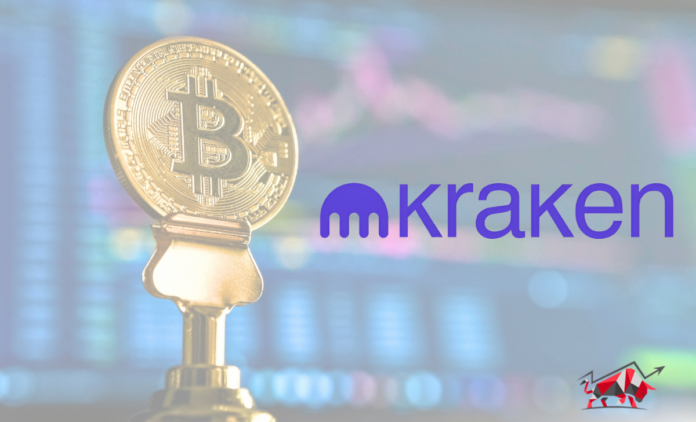Kraken, a prominent crypto exchange, has introduced its own self-custody wallet for digital assets. This move follows similar initiatives by other major exchanges like Binance, OKX, Coinbase, Bitget, and Bybit.
Kraken emphasizes that its multichain wallet is accessible to both Kraken clients and non-clients, serving as a gateway to the decentralized financial system. The wallet currently supports assets on eight blockchains, including popular cryptocurrencies like Bitcoin, Ethereum, Solana, and Dogecoin.
Kraken Focus on Privacy and Security
The company boasts about the wallet’s privacy features, claiming it collects only the necessary data to function without gathering internal performance analytics. User activity is routed through Kraken’s infrastructure to shield IP addresses and protect identity and location information from external exposure.
Security measures include mobile biometrics, user password protection, and code audits by Trail of Bits. Additionally, the wallet’s open-source code is available on GitHub for transparency and scrutiny.
The Wallet offers support for various decentralized finance tokens, nonfungible tokens, and interaction with decentralized applications through Wallet Connect. The platform also promises round-the-clock customer support for users.
Regulatory Landscape and Recent Developments
Exchanges like Kraken are increasingly venturing into the self-custody wallet sector amid tightening regulations globally.
Kraken recently announced the discontinuation of Monero support for customers in Ireland and Belgium. Last year, it suspended support for certain stablecoins like Tether and Dai for Canadian users. Self-custody wallets often face less stringent regulations compared to exchanges that handle fiat money transactions.
The European Parliament’s decision to remove a 1,000 euro limit on cryptocurrency payments from self-hosted wallets signifies a shift in regulatory approach. Similarly, a U.S. District Judge ruled that Coinbase Wallet is not subject to brokerage rules imposed by the Securities and Exchange Commission, highlighting the evolving legal landscape surrounding crypto wallets.


